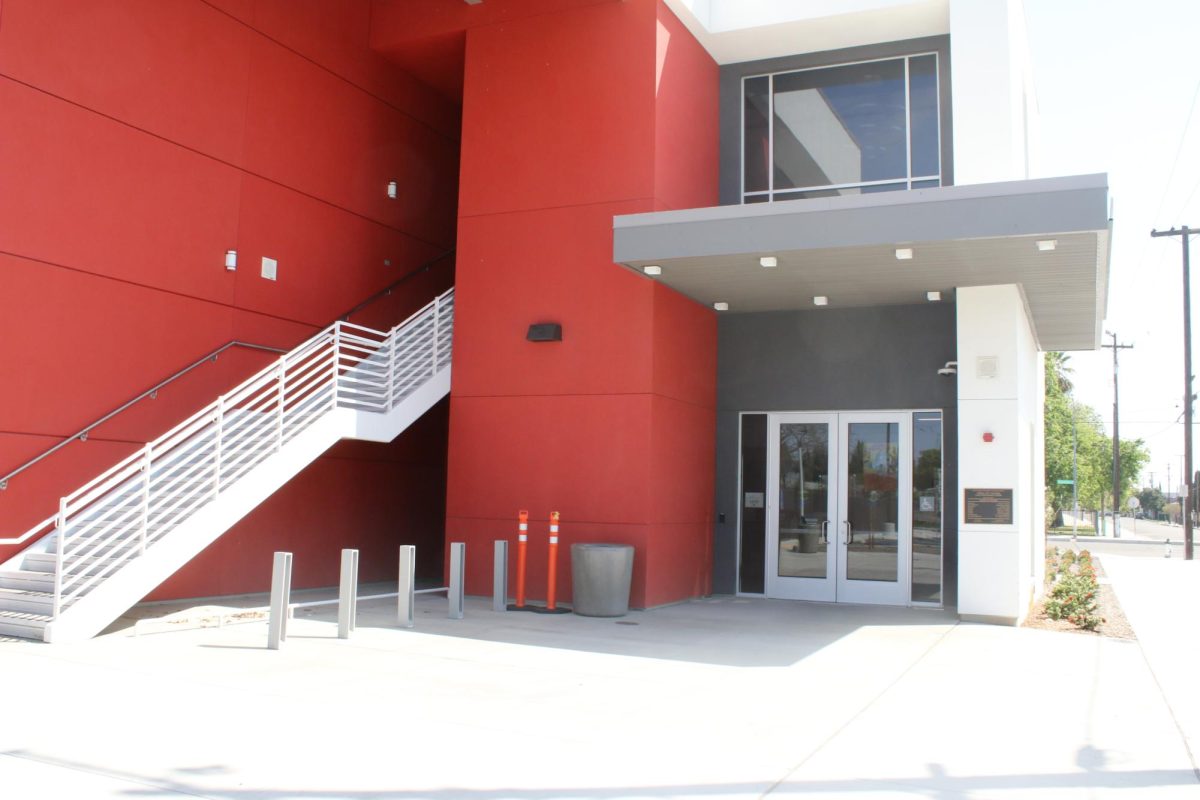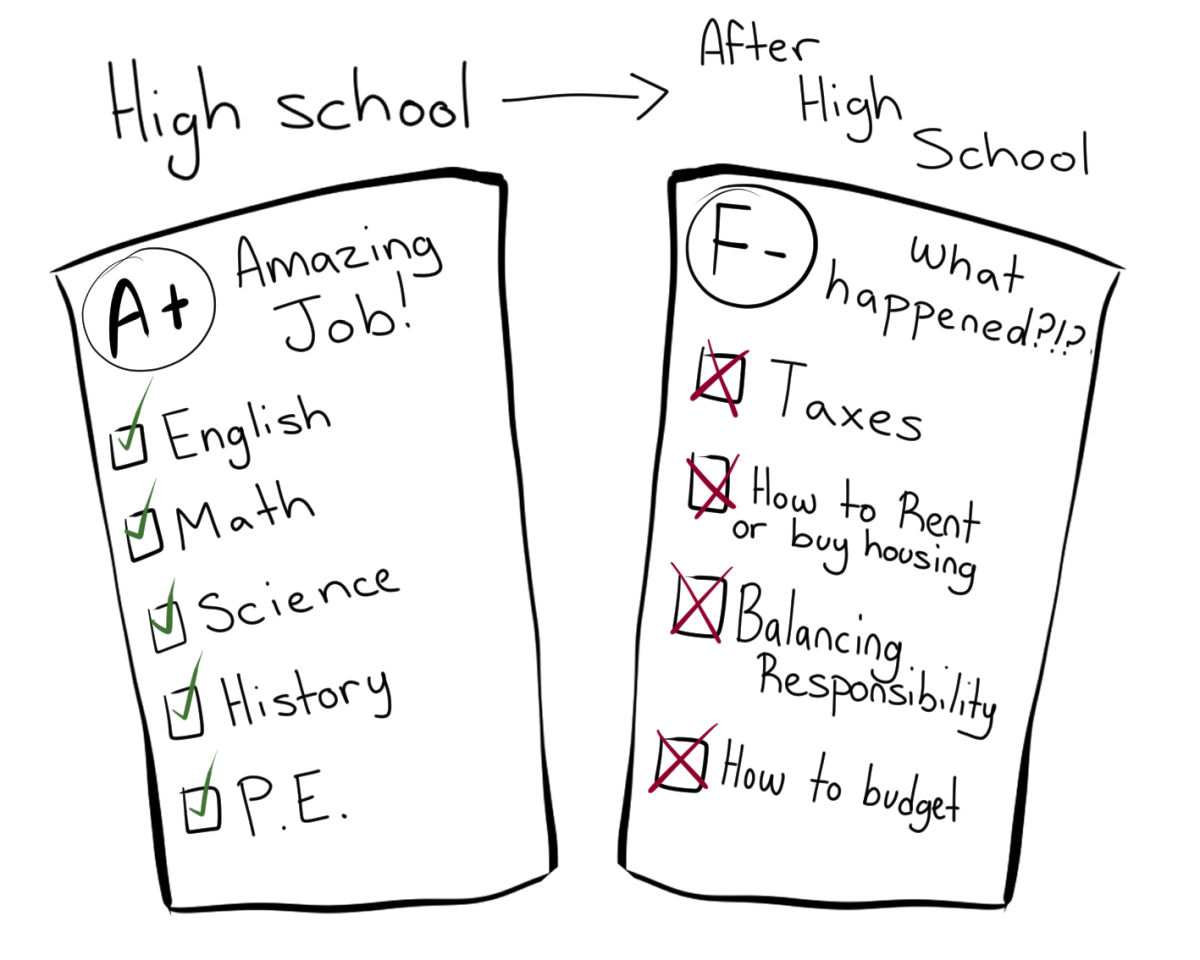Budget cuts in recent years have created huge obstacles to California community college students who must contend with higher tuition and a reduced financial aid pool. The students are navigating their way through diminished course offerings, making it impossible to attain success or graduate in a reasonable time frame.
According to California Community Colleges Vice Chancellor for Student Services & Special Programs Linda Michalowski, since the 2008-2009 academic year, approximately 500,000 students were “shut” out of community colleges, and the number of courses offered decreased by 24 percent. Some hard working students are locked out of classes and give up on their dreams.
Help is on the way. The CCC Board of Governors is instituting a process that recognizes the incredible odds some students deal with on a daily basis and rewards students who are serious with their education and career. This plan is a step in the right direction, but it must go further than is proposed at the moment. It must rely on results of students’ work — their GPA — in determining who gets the priority registration and who does not.
In September 2012, the body approved the plan to grant priority registration to those students who attain a degree, seek job training, plan to transfer to a university or are in good academic standing. This privilege is extended to veterans and active duty students, foster and former foster youth as well as students with disabilities, who already received priority class registration.
The plan is creating incentives for students to seek the academic counseling that is crucial to their success. Students who have completed college orientation, taken assessment tests and developed an education plan will have a priority to register for classes early, according to information from the California Community College Chancellor’s office..
However, students who have shown past failure and those on academic or progress probation for at least two consecutive terms, as well as those who have taken m o r e than 100 units, will lose their priority registration by the fall of 2014.
It may seem that many students could be left without a chance to register on time, but in the long run, it should be a great change.
The plan may seem harsh to some students, but it promises to promote that students take responsibility in their own education. It is simple — hard-working students who have a clear understanding of where they want to go in their college career, will be favored, and for those without a clear path, the rule creates the incentive to get serious.
It is entirely up to students to chart their own path. Simply attending an orientation and meeting with the counselor guarantees students an earlier registration date. Why would anyone not grab the opportunity to be close to first in line? Besides, common sense steps like attending orientation and meeting a counselor translate to bigger successes.
Additionally, students who have been on probation will have more reasons to improve their academic status. They know that the longer they stay on probation, the harder it will be to get into their desired classes, which delays completion of their programs, graduation, transfer or employment. What better incentive to get serious with college?
The CCC Board of Governors should also include a minimum GPA requirement for students to qualify for priority registration based on academic standing. That way, students can get motivated after meeting with a counselor to map an educational plan. But more importantly, they will feel responsible to make efforts to follow that plan so they can keep receiving the registration benefits.
If students have a good understanding of their academic goals, it shouldn’t be too hard for them to maintain a decent GPA. Instituting a GPA rule will mean that the criteria are based on tangible, measurable data and eliminate accusations of unfairness.
Overall, the new regulation should be a positive change both for achievers and non-achievers. It gives everyone a choice to write their own history. It will not only help students to survive through tough times and smaller class offerings, but guide them to success in their careers.











